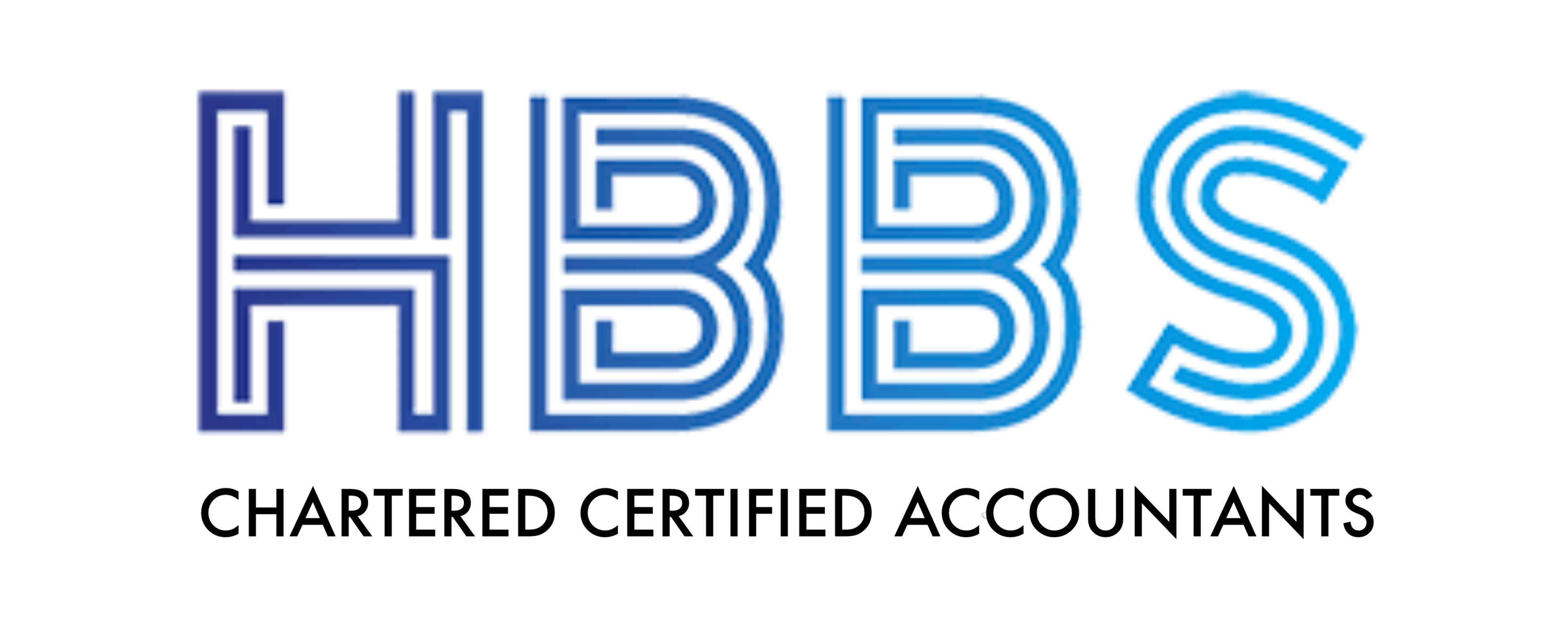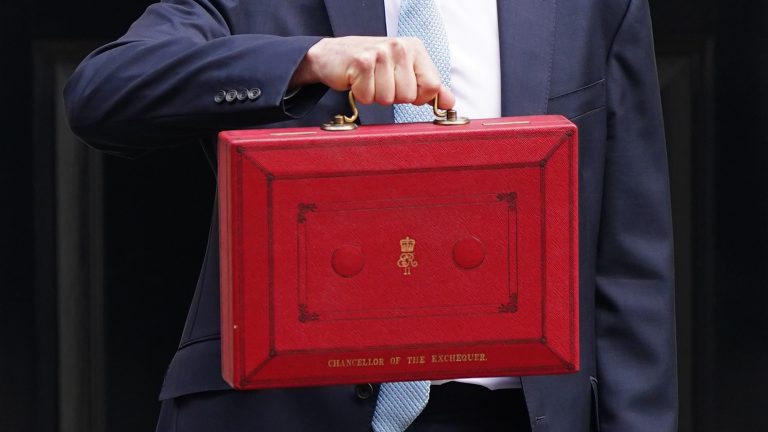Taxed and Tested: Public Pushback Against Labour’s Revenue Moves
Enews – 11 July 2025
In this week’s Enews, we look at the unpopularity of some of the Labour government’s tax hikes. There are also warnings on reporting requirements for the holders of cryptoassets and news on a tax avoidance criminal offence to update you on.
- IHT on pensions most unpopular of Labour’s tax increases
- HMRC to fine crypto investors £300 for non-disclosure
- HMRC criminal tax offence plan risks going too far, warns CIOT
IHT on pensions most unpopular of Labour’s tax increases
Inheritance Tax (IHT) on pensions is the most unpopular of the tax raising measures introduced by the Labour government during its first year, according to a survey.
The survey conducted by investment platform AJ Bell found that 44% of respondents were opposed to the pension IHT proposals while only 21% supported them.
Other measures were also strongly opposed, including the decision to raise employer National Insurance contributions (NICs), with 41% against the tax rise and just 24% in support. Raising rates of Capital Gains Tax (CGT) and restricting IHT relief available to farmers were also unpopular.
However, some tax raising policies attracted net support with 48% in favour of raising the rates of stamp duty on second homes.
Tom Selby, AJ Bell’s Director of Public Policy, said:
‘This data shows tax rises of every shade are divisive. While some tax increases attract a balance of support, they still divide the room.
‘Nothing that emerged from Rachel Reeves’ red box over the last year enjoys support from a majority of voters, illustrating that even less controversial tax changes are still politically fraught.
‘IHT is often described as the most hated tax and this data backs that up. Proposals to subject unused pensions funds to IHT on death are the most widely opposed of all the tax raising measures announced so far.
‘We’re urging the chancellor to instead consider alternative proposals which would be fairer and simpler, without undermining her plan to tax unused pensions on death.’
Internet link: AJ Bell website
HMRC to fine crypto investors £300 for non-disclosure
UK-based holders of cryptoassets will have to provide personal details to crypto service providers or face penalties of up to £300 from HMRC.
The regulations will be introduced in the UK on 1 January 2026 and are part of the OECD Cryptoasset Reporting Framework (CARF). This requires crypto platforms to share detailed information with tax authorities of clients’ crypto transactions.
In addition, HMRC is already requiring full disclosure on self assessment forms for the 2024/25 tax year, so taxpayers who own crypto – like Bitcoin, Ethereum or Dogecoin –will have to include any crypto gains or income in their tax returns.
HMRC said the ‘new rules will help unmask anyone evading tax due on their crypto profits. Those who don’t comply risk a £300 fine from HMRC’.
Once data is received from service providers, HMRC will be able to identify those who haven’t been correctly paying tax on their crypto profits.
The Treasury estimates the measure will raise up to £315 million in tax revenue by April 2030, the same amount needed to fund more than 10,000 newly qualified nurses for a year.
Jonathan Athow, HMRC’s Director General for Customer Strategy and Tax Design, said:
‘Importantly, this isn’t a new tax – if you make a profit when you sell, swap or transfer your crypto, tax may already be due.
‘These new reporting requirements will give us the information to help people get their tax affairs right.
‘I urge all cryptoasset users to check the details you will need to give your provider. Taking action now and having this information to hand will help you avoid penalties in the future’
Internet link: HMRC press release
HMRC criminal tax offence plan risks going too far, warns CIOT
HMRC plans to introduce a tax avoidance criminal offence risks overreach, the Chartered Institute of Taxation (CIOT) has warned.
HMRC plans to create a new strict liability criminal offence for failing to disclose notifiable arrangements under the Disclosure of Tax Avoidance Schemes (DOTAS) regime without a reasonable excuse.
The CIOT argues that DOTAS is much too wide in its current formulation to be suitable for a criminal offence. Applying the proposed offence to all the DOTAS hallmarks seems excessive, it adds.
This is especially true, since the proposal is intended to be a response to specific issues with disguised remuneration mass-marketed tax avoidance schemes, the CIOT warns.
John Barnett, CIOT’s Vice President, said:
‘The government is right to be taking a robust approach to those who continue to devise, promote or sell mass-marketed tax avoidance schemes. There should be no place for such people and their schemes in the tax services market.
‘However, every proposal to increase HMRC’s powers like this needs to be tested against a hypothetical test of what would happen if an HMRC officer decides to use or target the legislation inappropriately.
‘The present proposal places too high a level of reliance on HMRC’s unpublished (and as such, not transparent) internal governance process to provide appropriate, independent safeguards and work effectively, so that such an outcome could never happen in practice.
‘It is essential for building and maintaining trust in the tax system that the way HMRC use their powers and operate safeguards can be effectively monitored and subjected to appropriate oversight.’
Internet link: CIOT website








